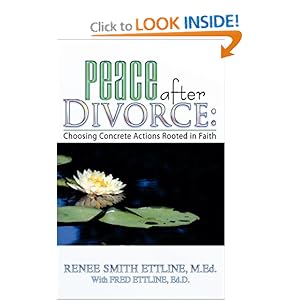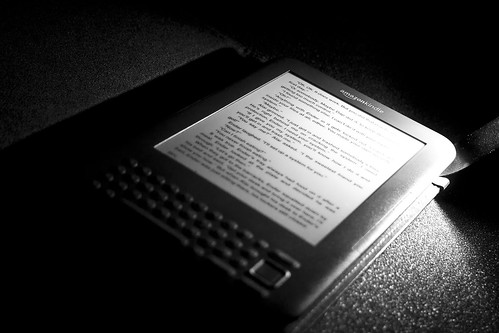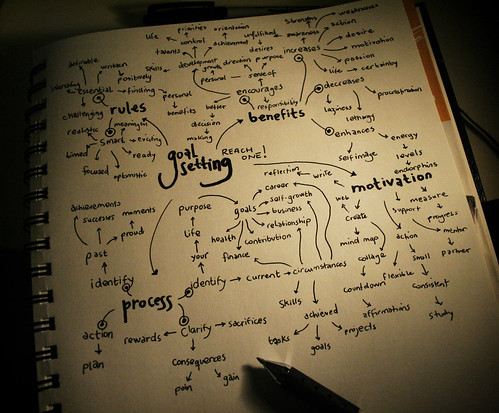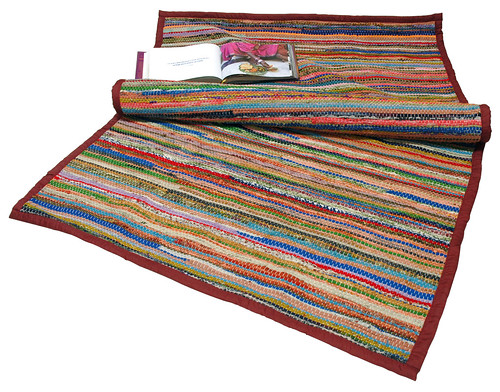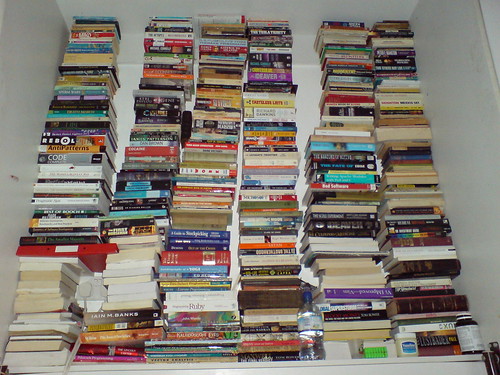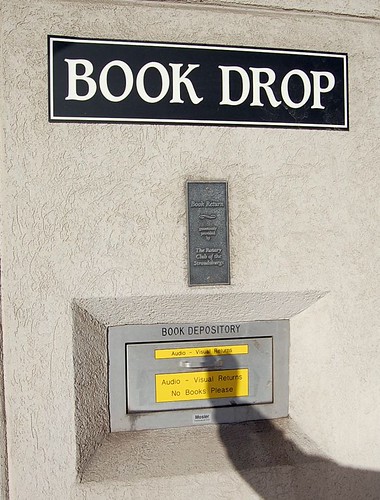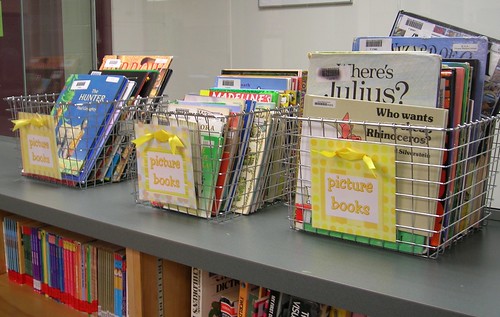I was tagged by Norma Gail Thurston Holman. Norma is a Bible teacher, and has just published her first Christian romance novel. You can find Norma here:
http://normagail-2mefromhim.blogspot.com/
 |
| Norma Gail |
If you're a current reader of my blog, you might already know some of the answers to the questions I have been given. Even so, you may just find one or two gems that you didn't know about. So, go forth, and enjoy!
(I have tagged two authors at the end of this post. Make sure you check out their blogs!)
What Are You Writing Right Now? Blog Hop
1) What is the working title of your next book?
The
Feast: A Parable of the Ring
2) Where did the idea come from for the book?
The
Feast is book two of Conquering Your Goliaths: a Parable of the Five Stones,
and takes off where the first book left off. What does Virginia do, now that
she has the five stones and has overcome her trial? Is there more to consider
besides Listening, Trust, Optimism, Tenacity and Constancy?
3) What genre does your book fall under?
The
Feast is Christian fiction like the first.
4) What actors would you choose to play the part of your
characters in a movie rendition?
This
is a tough one. And while Virginia and Richard might be easier to pin down, it
would be hard to find a character to play God. I'm really not sure, but the
characters would have to live godly lives themselves for movie consideration.
5) What is the one-sentence synopsis of your book?
A
married couple struggles to find a solution when they're not able to get
pregnant.
6) Will your book be self-published or represented by an
agency?
My
book will be published through Idea Creations Press.
7) How long did it take you to write the first draft of
the manuscript?
Just
a few months, but the story itself was writing itself for awhile.
8) What other books would you compare this story to
within your genre?
Those
who love books with symbolic meaning will love The Feast. If they enjoy reading
Max Lucado or C.S. Lewis, they will see some intertwining of symbolism and
life.
9) Who or what inspired you to write this book?
Virginia's
story wasn't over. I felt as if I could take her further, and I felt as if
something new could be achieved as she and Richard became a married couple.
It's one thing to move forward in your life using the five stones as
guideposts, but it's quite another to bring another person into the picture and
expect to do the same thing.
10) What else about the book might pique the reader’s
interest?
You're
looking at a fun story, but it is often serious too, and reflective. I like the
idea of reading a book for enjoyment, and, at the same time, taking a look at
where I am in life and where I hope to be.
11) When you find yourself feeling lazy or ‘blocked’, how
do you force yourself to get past it?
I
have many methods that I have previously spoken about in my posts. My favorite
is a book of magazine pictures that I use when I don't seem to have anything to
write about. My second favorite method is going to another project where the
ideas are flowing, and then going back to the 'blocked' story later. Usually
things open up.
12) Where do you find your inspiration? How do you
overcome writer’s block?
Inspiration
is everywhere. On the computer. At the doctor's office. At the grocery store. I
try to be open to whatever I experience in my life. Studying the scriptures
helps me, as does prayer. And I find that if I'm open to others and what they
have to share, I learn a lot too.
I
don't often have writer's block because I've found ways to get through it
quickly.
13) What’s the one piece of advice you would give a new
writer?
I
have said this one before, but I truly believe it. "Never give up, never
surrender." It's important that once you decide that you're a writer, that
you continue to do whatever it takes to continue, and that means everything; others
not understanding that this is your career, and not just a hobby. Getting those
rejection letters again and again and still having the wherewithal to move
forward. Learning what needs to be learned even after someone says they don't
like your writing or that your writing stinks, or that you really have no talent.
(You can tell this by looks even more than by what people say).
14) Which author inspired you to become a writer: 2. How do you choose the subjects of your books?
I
wanted something to call my own. I wanted to be good at something. I don't know
that I was inspired to write, at least not at first, but I felt the need to
write. It was sort of like free therapy and creativity all rolled into one. If
you want to know the whole story, maybe I'll share it sometime.
I write what I like to read; real people overcoming obstacles. Sometimes the subject chooses me.
15) Here's one: What is your daily writing schedule?
I usually write in the morning. I have a to-do list of my projects and cross them
off as I either finish them, or tackle a portion that I've pre-determined to
do. I forget things if they're not written down, and I like the idea of
crossing things off.
16) How did you find the courage to let people see your personal inner thoughts?
The
easiest way for me to share my thoughts is through fiction writing, so that's
probably why I started with that. I could share my 'personal inner thoughts'
without anyone really knowing they were my thoughts. My main character could
share some of my beliefs without betraying me (though there were times people
saw right through the character, and asked me if I really felt this way or that
way). This was especially true of my first book, "A River of Stones."
17) How frequently do you write (hours per day or whatever)? How many drafts do you work through before you are satisfied? What is most difficult to write about, and why? Do women writers face any different challenges than men?
I
write for a good portion of the day, in-between household and other duties. I
have found that I can leave something and then return to it without too much
grief. I write almost a daily blog, and usually have one or two book projects
going on at the same time. I also do a good share of marketing.
When
it comes to drafts, I do at least 3 before those critiquing my work see it.
After that I do at least 2 more. I am rarely completely satisfied because I am
continually finding something to improve, but there comes a time when I need to
let the manuscript go and work towards other things.
For
me, it would have to be setting. I get into the heads of my characters pretty
well, but have a harder time describing the setting in which they are placed. I
usually have to go back through a story and add setting to make the story
stronger.
I
don't think women writers face any different challenges than their male
counterparts. But I think that used to be the case. I think we all struggle to
be known, and to get readers to like us well enough that they want to continue
with us as we put out additional books.
That's
it! Thanks for reading! And now, for the tagging!
 I
am tagging two writers. The first is C. LaRene Hall. I have known Connie for quite a few years. I first met her at a League of Utah Writers meeting and we've been friends ever since.
I
am tagging two writers. The first is C. LaRene Hall. I have known Connie for quite a few years. I first met her at a League of Utah Writers meeting and we've been friends ever since.
Connie's latest book is called, "Mary's Spyglass," and is written for the YA
reader.
You can find her work at her blog: http://clhall.blogspot.com/
See her post tomorrow, May 7th!
***
Jeanette S. Andersen writes YA fiction. She is a mom of 4 boys and
works part time as a Mobile Merchandiser for beeLine jewelry and
accessories. She works and shows her supplies at Old Navy. She is also an actress, photographer, fundraiser cordinator and a Jill of all
trades. She likes doing many things and loves working with people.
See her post tommorow, May 7th!
+marilynn.jpg)








